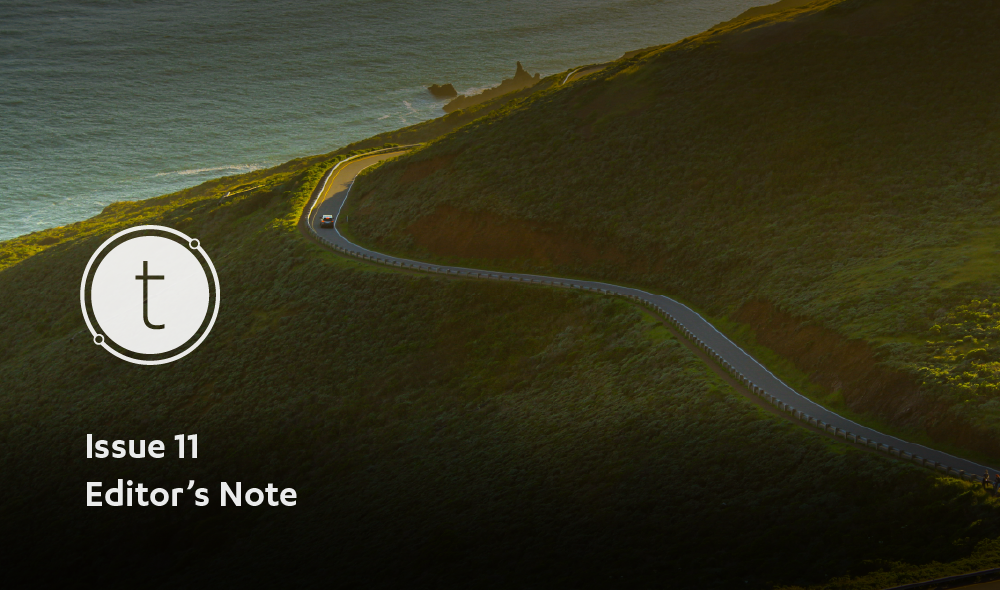
Editor’s Note
The articles in this issue of Transfers are about the power of the status quo, and the challenge of changing it. The American transportation system has for many decades operated under a set of quiet but implicit assumptions: that most households would have a reliable vehicle, that most vehicles would burn gasoline, that most streets would be oriented to let vehicles move quickly, and that the curbs would offer free parking for those vehicles when their drivers got to where they were going.
These assumptions for a long time weren’t unreasonable, and constructing the transportation system around them had real benefits. Over time, however, we have become more aware that these assumptions also had costs. A country built around free space for gas-burning vehicles had environmental consequences, and consequences for the minority of people who — by virtue of income or age or disability — couldn’t use a car. The air is dirtier than it needs to be; some people are isolated, not liberated, by our world of mobility. Were we to start over with a blank slate, probably we would not embed our system quite so deeply and rigidly in the promise of fossil-fuel powered vehicles.
The policy world, however, rarely gives us blank slates. If we want to move toward a world of greener fuels, priced parking, and a built environment more conducive to other modes of moving around, we will have to get there from where we are. There will be obstacles, objections and setbacks. This issue examines them. What stops truck fleet operators from switching to greener fuels? How can we overcome political resistance to priced parking? Engineers often worry that converting one-way streets to two-way will make driving less convenient. Are they correct? And most broadly, making our cities more hospitable to people without cars is an admirable but long-term goal. What should we do, in the short term, for people in these areas who lack cars?
Our goal with this issue, like all our issues, is to provide accessible and insightful discussion of these questions. We hope you enjoy it.

Michael Manville
Editor-in-Chief
